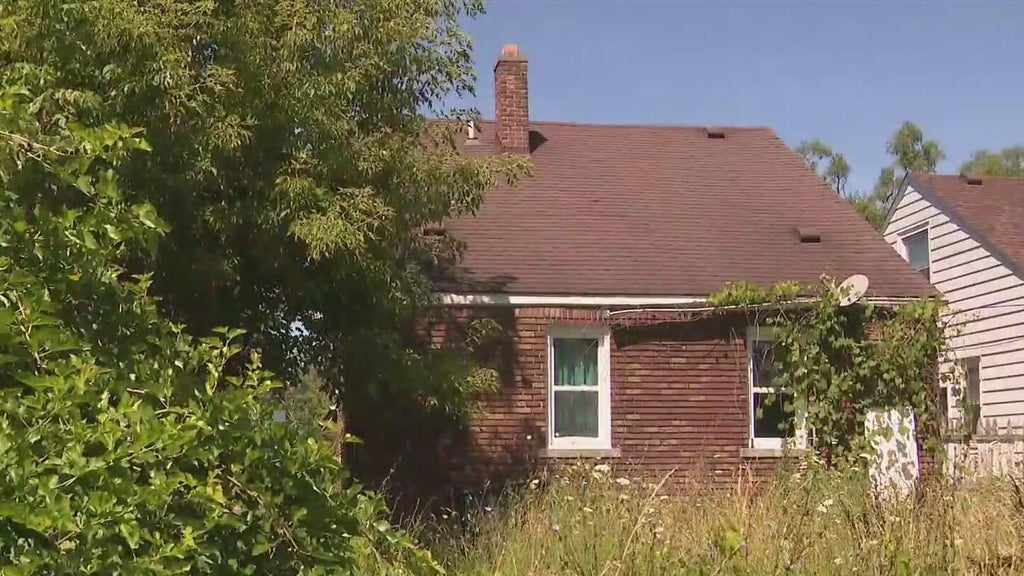A Major Legal Victory for Detroit Tenants
After months of complaints from residents, the city of Detroit has secured a significant legal protection for hundreds of tenants living in properties owned by a cryptocurrency-based real estate platform. This development marks a turning point for those affected, who have long struggled with unsafe and deteriorating living conditions.
Yolanda Williams and her family have called a house on Abington Street, located on the city’s west side, their home for nearly 50 years. “This is the only house I’ve ever known. This is my neighborhood, my community,” said Williams, expressing her deep connection to the area. Her home is one of many included in a sweeping lawsuit filed by the city against Real Token, LLC. The lawsuit targets over 400 homes across Detroit, citing numerous code violations and unsafe living conditions that have put tenants at risk.
Residents like Williams are now facing uncertainty and fear. “It’s a security thing because we’re scared over here because we don’t know what to expect,” she explained. The situation has left many feeling vulnerable, especially as they continue to live in properties that are in disrepair.
Conrad Mallett, a member of the Detroit Corporation Council, highlighted the company’s use of a network of 165 different LLC groups to avoid accountability. “These properties are in such a degraded state that there’s no way that interested owners, no matter whom they farmed out the responsibility, would not know that their tenants are living in substandard housing,” Mallett said.
On Wednesday, city officials announced major legal protections for these residents. One key measure involves safely withholding future rent payments. “They need to not pay their rent in August to Real Token; they need to put their August rent into an escrow account,” said Mallett. This temporary restraining order prevents Real Token from collecting rent from impacted tenants until the buildings are repaired and a certificate of compliance is issued.
The move also ensures that no evictions can occur once the rent is paid into the escrow account. “Not only are the tenants not to pay rent, once the rent is paid into the escrow account, no evictions can occur,” Mallett emphasized. This step is intended to pressure the company to address the nearly $500,000 in violations quickly.
Mallett stressed that the improvements must happen promptly. “The improvements have to occur, and we’re not going to accept that it’s going to take seven months, eight months, nine months. None of that,” he said. The city is determined to ensure that tenants are not left in limbo while the company works to meet its obligations.
To support this effort, city officials plan to conduct door-to-door canvassing to ensure each impacted tenant understands how to set up an escrow account and navigate the process before their rent is due. This proactive approach aims to provide clarity and support to those who have endured years of neglect and instability.
The legal protections represent a critical step forward for Detroit’s tenants, offering them a measure of security and hope. As the city continues to push for accountability, residents like Yolanda Williams may finally see the changes they have long needed to restore their homes and communities.






